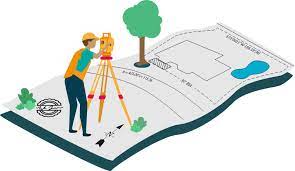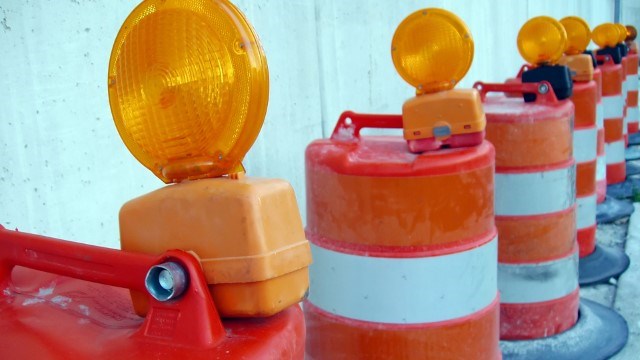“It is impossible to map out a route to your destination if you don’t know where you’re starting from”- Suze Orman.
 Whether it’s the idea of getting away from renting or just knowing you own a little spot of dirt on this giant planet, home ownership is a dream destination for many people. As we have discussed in previous articles, there are a lot of ins and outs when it comes to real estate transactions. Today, let’s talk about land surveys. Land surveys are the “maps” of your dream property.
Whether it’s the idea of getting away from renting or just knowing you own a little spot of dirt on this giant planet, home ownership is a dream destination for many people. As we have discussed in previous articles, there are a lot of ins and outs when it comes to real estate transactions. Today, let’s talk about land surveys. Land surveys are the “maps” of your dream property.
A map of your property? Why would you need that? Why is it important? A survey outlines legal boundaries and other features. Land surveys typically aren’t required during a real estate transaction; however, they are extremely useful and can clear up any confusion about a property. A property can be surveyed at any time, but you will most likely want a survey when you’re buying or constructing a home.
Surveys begin with research into legal descriptions and history about the land to be surveyed. In addition, the surveyor will go to the property, sketch out the land, its boundaries, and features that make up the property.
After the survey, you will be provided a type of map that details the property’s legal boundaries. The survey will also include a written description of the property, the location of buildings and adjacent properties, any improvements a homeowner has made to the land, and the street address. A survey shows the exact dimensions of the property’s boundary lines and how much land is included within those lines.
The survey will also include things like right-of-ways and easements. These are details that help you understand if you share part of your property with someone else. It shows physical evidence of the rights of others to use your property for shared access, parking, utilities, and other situations.
Another great benefit of a survey is to help determine your current and future plans for the property. Many residential platted lots have building restrictions, known as setbacks, which prohibit building anything within a certain distance from the boundary lines. A survey will help you determine if the property is best suited for your plans.
The cost of a survey will depend on the size of the property and the terrain. The cost can be somewhere around five hundred dollars or higher based on the size of the property.
Yes, a survey does create an additional cost, but the peace of mind and security of knowing exactly what you are or have purchased is priceless. Knowing you are getting exactly what was described and you can use the property as you desire now and in the future helps ensure you get what you have paid for. Mike and Brandie Brown and the Josh Vernon Group are here to guide you, so that you make the best decisions when it comes to your biggest investment.









